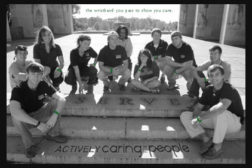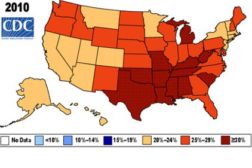Home » behavior based safety
Articles Tagged with ''behavior based safety''
National Safety Congress emerging issue: Just what is AC4P?
ISHN Editor Dave Johnson reporting from NSC Congress & Expo
October 23, 2012
Why smart workers make deadly decisions
Biases, blunders and cognitive traps
August 29, 2012
Never miss the latest news and trends driving the safety industry
eNewsletter | Website | eMagazine
JOIN TODAYCopyright ©2024. All Rights Reserved BNP Media.
Design, CMS, Hosting & Web Development :: ePublishing








